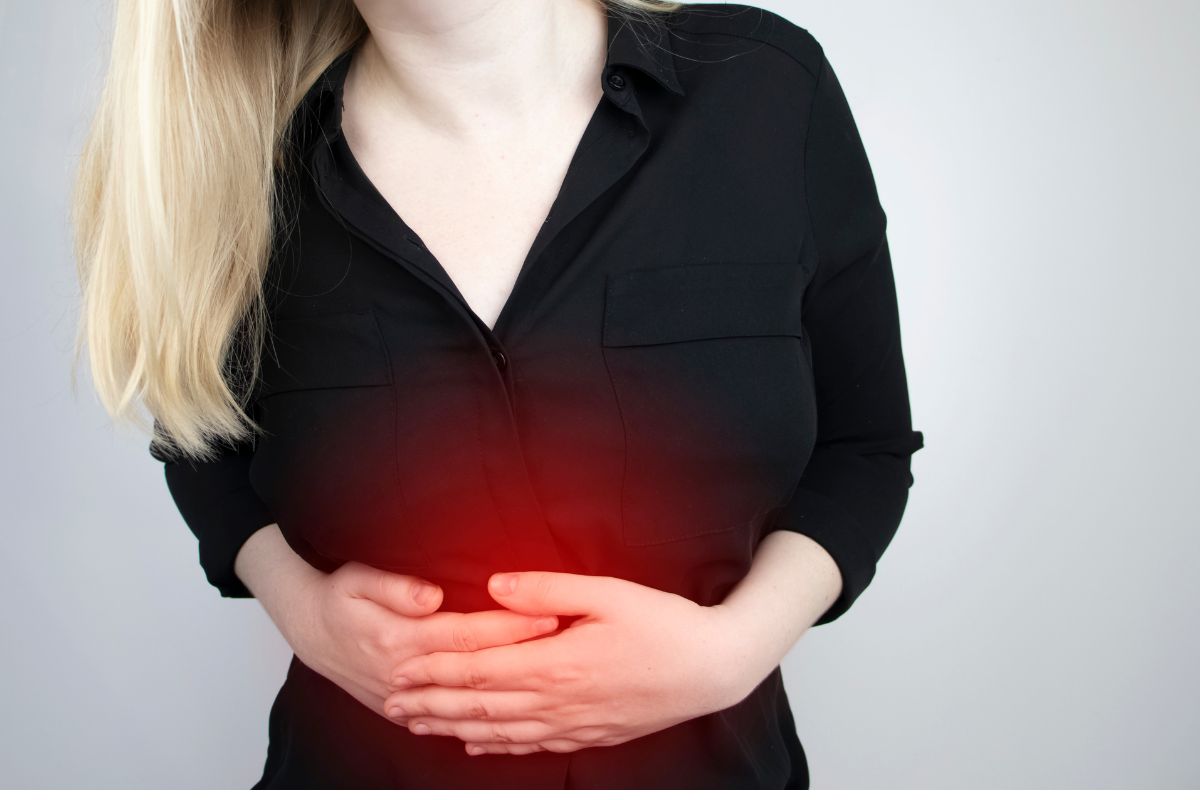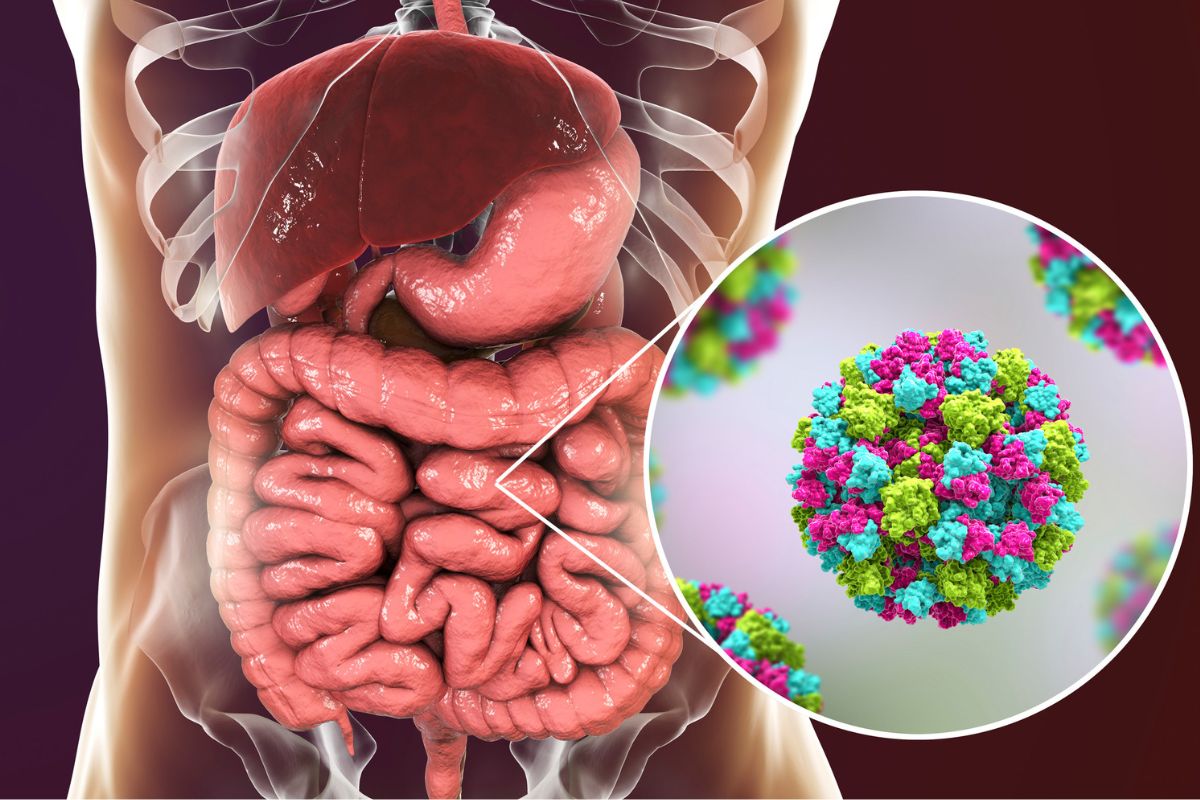Digestive disorders are very common throughout the world. While many of these disorders are widespread and well-known, there are many more that you probably haven’t heard of.
If you want to find out about these digestive disorders, keep reading! There’s plenty to find out, and you might even be surprised by a few things.

Digestive Disorders: Types and Treatment
A digestive order is a condition that happens when the digestive system isn’t working as it should be. It is an umbrella term, and there are many digestive orders that people suffer from across the globe.
These disorders are put into two categories – organic and functional disorders.
Organic disorders happen when there are abnormalities in the structure of the digestive system, which prevent it from working properly.
Functional disorders, on the other hand, are disorders that occur when there appear to be no anomalies in the digestive system, yet there’s still an issue.
Irritable Bowel Syndrome
What it is: irritable bowel syndrome, or IBS, is a common digestive disorder that impacts the large intestine. Someone with IBS might experience a number of unpleasant symptoms, including diarrhea, bloating, and constipation.
The cause for this condition is largely unknown, but it has been linked to intense stress, an overly sensitive stomach, family history, and food passing either too slowly or quickly.
Symptoms include:
- Abdominal pain
- Diarrhea
- Constipation
- Bloating
- White mucus in the stool
- Incomplete bowel movements
Treatment includes: treatment will include discovering and addressing any underlying conditions, reducing stress, or making changes to the diet.
When to see a doctor: if you experience severe cramps or abdominal pain, or current symptoms get worse.
Small Intestinal Bacterial Overgrowth
What it is: small intestinal bacterial overgrowth, or SIBO, is a digestive issue that is brought on when the bacteria in the large intestine travel to the small intestine.
This is a relatively common issue, and can cause a number of unpleasant symptoms for anyone who experiences it.
Symptoms include:
- Constipation
- Diarrhea
- Bloating
Treatment includes: to treat small intestinal bacterial overgrowth, a course of antibiotics will need to be taken. However, other medications could also be prescribed to the patient to aid in digestion or address any underlying issues there may be.
When to see a doctor: if you think you are having SIBO symptoms, you should make an appointment with your doctor as soon as possible.
From there, your medical practitioner will be able to advise you on any lifestyle changes or medications you should take.
If you have a SIBO diagnosis, you should seek medical attention if symptoms become worse, or if treatment plans no longer work.
Gastroesophageal Reflux Disease
What it is: gastroesophageal reflux disease, or GERD, is a condition where the contents of a person’s stomach come back up through the esophagus.
When this happens frequently and noted as a long-term condition, it can have unpleasant side effects and symptoms.
The cause is unknown, but may be linked to things such as pregnancy, hiatal hernias, secondhand smoke inhalation, obesity, and various over the counter medications.
Symptoms include:
- Acid reflux
- Nausea
- Heartburn
- Chest pain
- Painful swallowing
Treatment includes: the main treatment course for GERD involves things like quitting smoking, dietary changes, treating the underlying cause, and using over the counter medications.
When to see a doctor: you should seek medical attention if GERD impacts the quality of your daily life, or if symptoms get worse.
Additionally, if you have difficulty swallowing, are losing weight unexpectedly, the issue is happening more frequently, or if you are throwing up because of the issue.
Gallstones
What it is: gallstones are stones, typically made of cholesterol, that form in the gallbladder. People with gallstones don’t usually even know it, but if they do have symptoms, they can be very unpleasant.
Symptoms include:
- Sweating
- Jaundice
- Vomiting
- Nausea
- Constant pain on the right side of their body, below the ribs
- High temperature or fever
Treatment includes: gallstones will need to be removed surgically via a procedure where they are removed from the bile duct.
When to see a doctor: seek immediate medical attention if you are experiencing jaundice, abdominal pain that has lasted for more than 8 hours, and chills or a fever.
Medical attention should also be sought after if these symptoms occur 2-3 times a week, or several times a month.
Celiac Disease
What it is: celiac disease is an autoimmune disease which results in the lining of the stomach being attacked when a person consumes gluten. If left untreated, this disease can cause severe damage to the small intestine.
Symptoms include:
- Gas
- Abdominal pain
- Nausea
- Constipation
- Pale, floating, or foul smelling stools
- Long-term diarrhea
- Bloating
- Vomiting
Treatment includes: there are no drugs available that can treat celiac disease. All you can do is alter your diet to improve symptoms.
Not doing so can result in a number of complications, including bone softening, malnutrition, reproductive issues, and issues with the nervous system.
When to see a doctor: if you experience any symptoms of this disease, you should consult your medical practitioner for an assessment. If you already have a diagnosis, seek help if symptoms become worse.

Crohn’s Disease
What it is: Crohn’s disease causes chronic inflammation inside the GI tract, as is an inflammatory bowel disease. The disease could be caused by an autoimmune reaction, or by various environmental or genetic factors.
Symptoms include:
- Bloody stools
- Stomach pain
- Chronic diarrhea
- Fatigue
- Unexplained weight loss
Treatment includes: treatment for Crohn’s disease primarily consists of drug use to reduce the inflammation. Occasionally, surgery may be needed.
When to see a doctor: if you experience any of the symptoms listed, seek medical attention immediately. If you are diagnosed with the disease, seek help if the treatment plan has stopped working, or if your symptoms become more severe or frequent.
Ulcerative Colitis
What it is: ulcerative colitis, or UC, is a disease that causes inflammation in the large intestine and rectum. As time passes, the inflammation can also be spread to other parts of the intestines.
The cause for this disease may be linked to genetics or environmental factors, as well as an autoimmune response.
Symptoms include:
- Abdominal pain
- Unexpected weight loss
- Chronic diarrhea
- Fatigue
Treatment includes: treatment will vary depending on the cause of the condition. Medications and lifestyle or dietary changes might need to be put in place.
When to see a doctor: if you experience any of the above symptoms, seek the help of your medical practitioner. If you already have a diagnosis, seek help if your symptoms get worse, or your treatment plan is no longer working.
Hirschsprung’s Disease
What it is: this is a rare condition that some people are born with. Individuals with this have the inability to reflexively open the internal anal sphincter. Symptoms will be different for newborns and adults.
Symptoms in adults include:
- Diarrhea
- Lack of an appetite
- Small and watery stools
Symptoms in newborns include:
- Swollen stomach
- Vomiting
- Constipation
- No first bowel movement in the first 48 hours of being born
Treatment includes: to treat the condition, surgery is needed.
Achalasia
What it is: this is a rare condition that typically affects anyone aged between 25-60 years old. It happens when the esophagus is no longer able to move food to the stomach, and the valve cannot open.
Symptoms include:
- Heartburn
- Choking or coughing while asleep
- Regurgitating food
- Feeling like food “isn’t going down”
Treatment includes: surgery is needed to rectify this condition.
Ménétrier disease
What it is: this rare condition happens when the stomach’s mucous membrane overgrows, which lead to gastric folds. Professionals are unsure of what causes this uncommon condition.
Symptoms include:
- Diarrhea
- Vomiting
- Nausea
- Upper middle stomach region pain
In some cases, there are no symptoms present.
Treatment includes: treatment could potentially require gastrectomy. This means that either parts, or all, of the stomach will be removed. For most cases, however, medication is required.
To Summarize
While this is not a definite list of all digestive disorders, this is a good start for understanding them.
Since these kinds of conditions are more common than we may realize, it is always helpful to know what symptoms to look out for to keep you and your loved ones safe.
If you have noticed that a certain diet makes you feel better, it might be worth looking into it further. For many of these digestive disorders, diet plays a key role.
If you are someone who has been suffering from abdominal pain, or any of the other symptoms listed on any of these conditions, it may be worthwhile seeking medical help.
For many of these conditions, the sooner you get help, the better the results of treatment will be. In some cases, such as celiac disease, treatment is key to long term health.
If you ignore the symptoms, there is a good chance that there will be worse health issues because of it. In some cases, the resulting health issues can be life-threatening.
- Understanding Male Reproductive Health: A Complete Guide - February 2, 2025
- Simple Healthy Skin Habits for Radiant Skin - December 6, 2024
- Unlocking the Connection Between Nutrition and Mental Health - December 3, 2024








